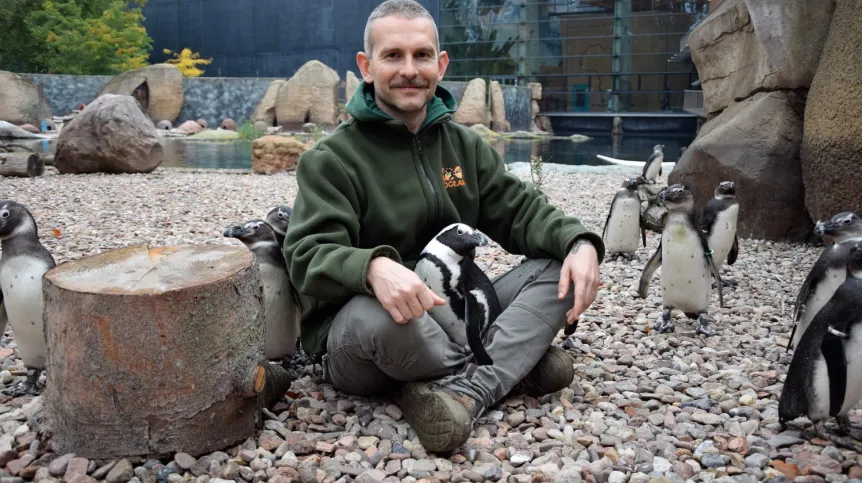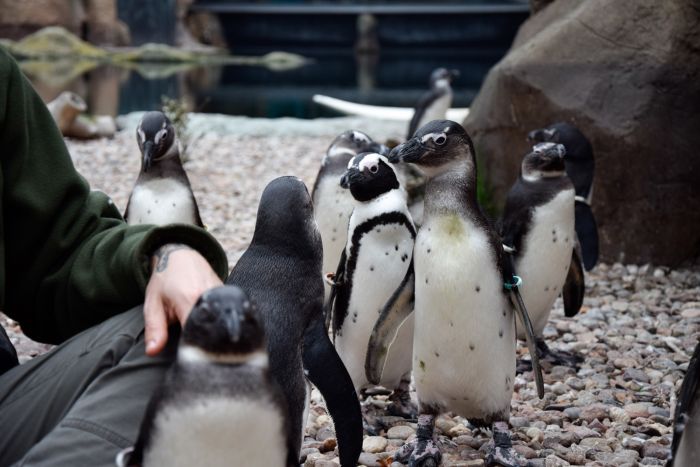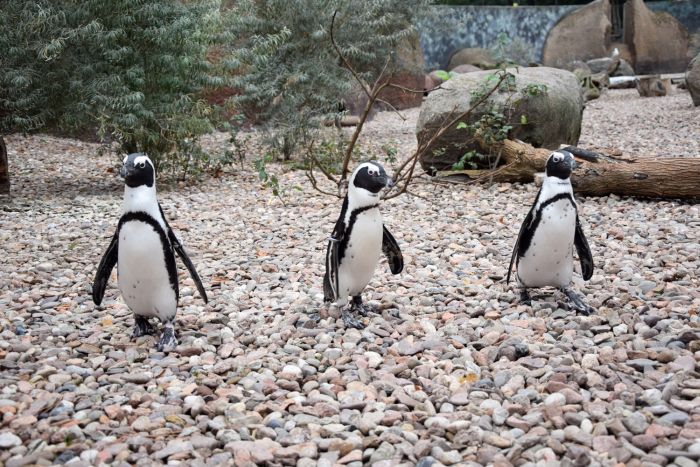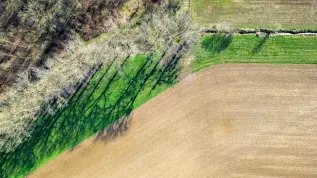
Research is underway on a method of cryopreservation of African penguin sperm. The species is endangered so scientists believe that a sperm bank will help preserve a large gene pool, which will be helpful in the possible reconstruction of the species in the natural environment.
The African penguin lives on the southern coast of Africa. In the early 20th century, its population was estimated at 4 million. Currently, it is approximately 30,000. Paweł Borecki from the Doctoral School of the Wrocław University of Environmental and Life Sciences says that 'the population decline resulted from the massive extraction of guano from penguin breeding sites; the guano was used as fertilizer in agriculture.’

'Penguins dug burrows in it and built nests. Deposits of this material, several meters thick, were extracted to bare rock, destroying the breeding environment. Another historical cause was the mass collection of penguin eggs for consumption. They were considered a delicacy. A million eggs per year were collected from just one island off the coast of South Africa,’ says Borecki.
There is a danger that the species may become extinct in the wild within the next two decades. Hence the idea to develop a method for cryopreservation of African penguin sperm. Paweł Borecki works in the Wrocław zoo, where over a hundred of the species live. It is one of the largest colonies in the world.

'We want our birds to become ambassadors of their cousins from Africa and contribute to saving the wild population. We hope that the creation of a penguin sperm bank will help preserve genetic diversity in the future,’ says Borecki. (PAP)
author: Michał Torz
mt/ zan/ kap/
tr. RL













